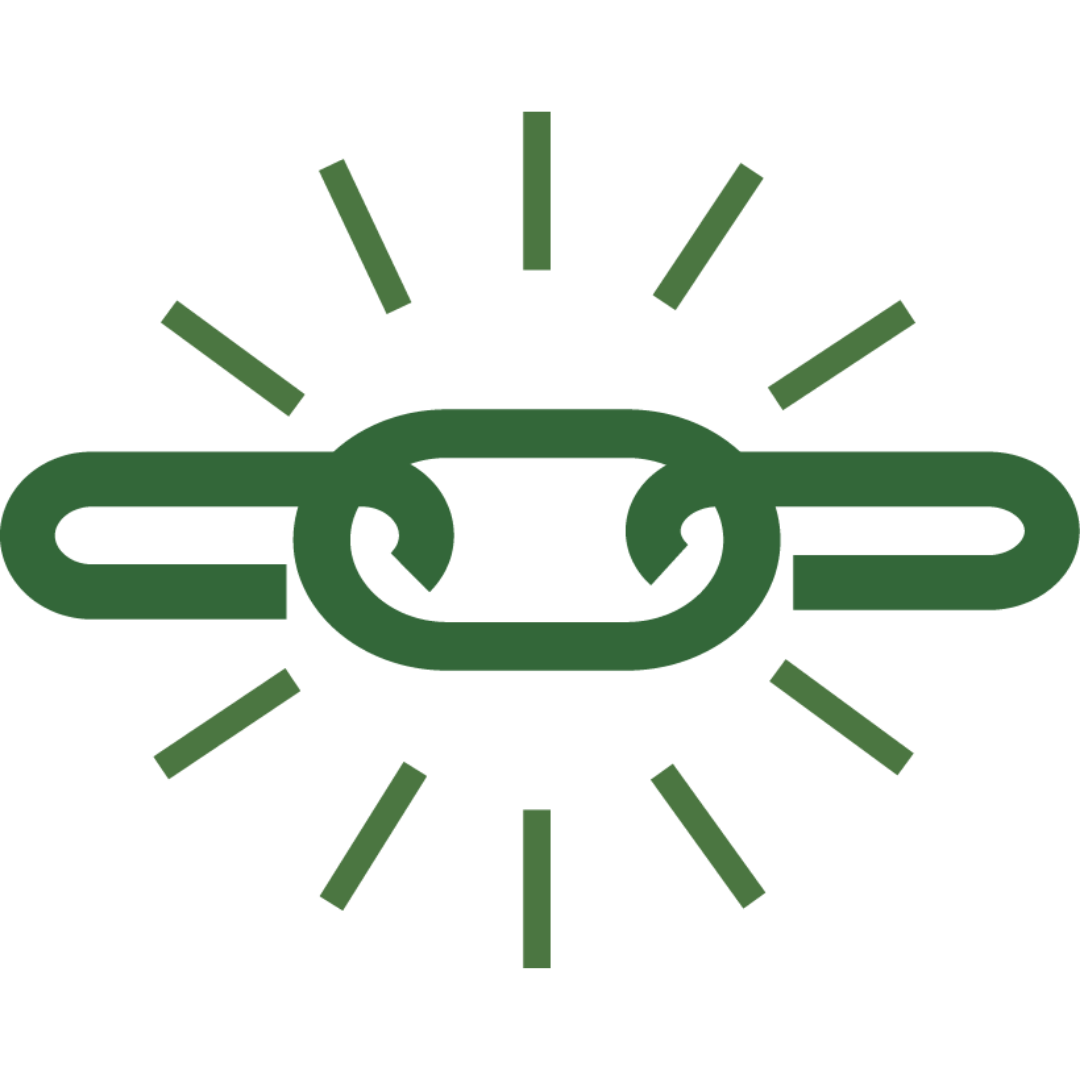Why optimize micronutrients and nutrition?
There are many reasons to optimize your nutrition. Here are just a few:
- Lose Weight (and Fat)
- Build Strength
- Boost Energy
- Increase Immunity
- Increase Health and Life Span
What is nutrition optimization?
Nutrition optimization is all about getting the right amount of nutrients – ideally from real (and clean!) foods.
This is the focus of nutritionists and dietitians (unfortunately often without the real and clean part of the equation).
That is, they are trained to look at food and supplementation as a numbers game in which the goal is to meet the minimum recommended requirements for fats, proteins, vitamins, and minerals (and perhaps fiber).
What are micronutrients – and why do they matter?
First, take a step back and answer: What are macronutrients?
Macronutrients are carbohydrates, fats and proteins. This is often the focus for many popular (often so-called “fad”) diets. For example, the keto (and low-carb) diets emphasize severely limiting carbohydrates (often with the myopic goal of weight loss).
(An alternative macronutrient approach for weight loss that many people overlook is to focus on proteins – so that you feel full faster and eat less.)
Micronutrients are fatty acids, amino acids, vitamins and minerals.
How do you measure your micronutrients?
Unfortunately, when eating real foods, there’s no easy way to measure the micronutrients. If you want to be specific, you’ll weigh and measure the foods and enter them into an app like Cronometer that can then calculate the amount of nutrients.
I generally just guess the quantities and add them to Cronometer. I’m not trying to get exact numbers. Instead I’m looking at the bigger picture by focusing on micronutrients that are below the recommended daily intake (RDI).
And then I can find foods that are high in those lacking nutrients and add those foods to my diet.
Over time, I will ideally reach and exceed the RDIs (keeping in mind that these are generally the minimum amount to avoid nutrient deficiencies) for nearly all nutrients.
The Optimising Nutrition Courses
I’m on my third masterclass with Marty Kendall and the good people at Optimising Nutrition. I completed 6 weeks of Data Driven Fasting, 6 weeks of Nutrition Optimisation, and now the 4-week Micronutrient Masterclass.

Data Driven Fasting
The idea of this course is to achieve health and weight (loss) goals using your blood sugar as the main metric. There’s a formula that takes the average of your recent pre-meal blood sugar readings to give you a target blood sugar number.
You generally want your blood sugar to be below this threshold before you eat. Over time, your blood sugar goes down (along with your fat and waist!).
Nutrition Optimisation Masterclass
The Nutrition Optimisation Masterclass focuses on progressively optimizing nutrition starting with a baseline, focusing on protein (for macronutrients) and finally optimizing micronutrients.
Micros Masterclass
The micronutrient masterclass focuses on optimizing just the micronutrients in your food.
What’s my experience in optimizing nutrition – both macronutrients and micronutrients?
Overall it’s been insightful to see which nutrients I need more of in my diet – and then to correlate those nutrients to foods and meals. It seems that no matter how much I try, there are still nutrients that I cannot optimize.
The course has its own app that helps find foods and meals to supply the nutrients you need.
My hope is that I’ll continue to learn and make some changes to my food choices that will help me get more of the nutrients my body needs to optimize health.
What about toxins and anti-nutrients?
What is often missed or overlooked (unfortunately often by the nutritionists and dietitians) is the amount of anti-nutrients and toxins prevalent in foods. These are things that can cause harm to our bodies (with things like mercury and arsenic) or simply make nutrition more difficult by blocking the absorption of nutrients (with things like lectins, phytates and oxalates).
In other words, focusing solely on optimizing nutrients doesn’t necessarily mean that you’re eating #cleanfoods that are healthy. In order to #eatclean you’ll want to consider which foods are clean and how to prepare them to remove toxins and anti-nutrients.
What’s your experience been finding nutrition foods?
What do you think about all this? Leave a comment and let us know!
